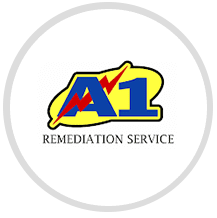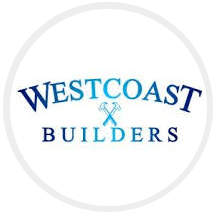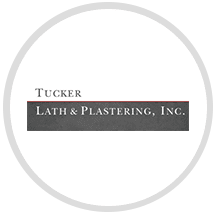Not every broker understands your business, we do!
No one wants to be in a bad situation on their own. Depending on the job, the work you do changes daily. The last thing you want to worry about is your insurance keeping up with you.
- Is the work I am doing today covered by my insurance?
- Will damage be covered by my insurance if something goes wrong after I complete the job?
- The sub-contractor I hired, if he makes a mistake, is that my problem or his?
Our specialty program for the Construction Industry can be tailored to include:
Your insurance should be something you can depend on, not something that leaves you on your own hoping that you’re covered. You depend on your insurance coverage, so work with a pro. Have questions?
Contact us at (800) 530-4448 or ask your question in the form below.

Our Blog
News Articles
Selecting an Insurer: Admitted / Non-Admitted & Financial Strength
Some insurance buyers express concern over whether a carrier is…
What Information Do You Need to Collect for a Work Comp Claim?
Monday morning you get a call from one of your…
Not every broker understands your business, we do!
No one wants to be in a bad situation on their own. Depending on the job, the work you do changes daily. The last thing you want to worry about is your insurance keeping up with you.
- Is the work I am doing today covered by my insurance?
- Will damage be covered by my insurance if something goes wrong after I complete the job?
- The sub-contractor I hired, if he makes a mistake, is that my problem or his?
Our specialty program for the Construction Industry can be tailored to include:
Your insurance should be something you can depend on, not something that leaves you on your own hoping that you’re covered. You depend on your insurance coverage, so work with a pro. Have questions? Contact us at (800) 530-4448 or ask your question in the form below.
Our Blog
News Articles
Selecting an Insurer: Admitted / Non-Admitted & Financial Strength
Some insurance buyers express concern over whether a carrier is…
What Information Do You Need to Collect for a Work Comp Claim?
Monday morning you get a call from one of your…
Testimonials
What Our Customers Have to Say About Us

We have saved not hundreds, but thousands of dollars since switching to Eclipse on both our commercial auto insurance, liability, and workman's comp. They have continued looking for better insurance deals, finding our company a better and cheaper policy at the beginning of this year. Eclipse is very quick to respond when we need special insurance documents, helping us get our contracts signed faster.
-David Brooks, A-1 Remediation Service

West Coast Builders has been a client of Eclipse Marketing Insurance for over 6 years, and we have been very happy with their services during this period of time. The level of insurance expertise that is offered at Eclipse has been extremely helpful with managing and growing of this business through the years. The insurance industry in my personal opinion is one that can make or break a company, knowing whether or not you are getting the adequate coverage needed to protect the assets of your company, or whether you're paying entirely too much for that protection can be a fine line. With Eclipse Insurance there has never any doubt that we have been getting the right amount coverage for a very fair market price. I feel that Eclipse Marketing has contributed a sizable amount in the success and further development of West Coast Builders and we have no plans of looking for insurance needs anywhere else.
-Anton D. Council, West Coast Builders

It has been our pleasure to work with you and your company. The level of service that you have provided to us has far exceeded any that we have received thus far. The personal attention to our insurance needs has been very much appreciated. All requests for certificates of insurance have always been issued in a very timely manner. Both you and your staff have provided an excellent level of customer service to us, and we look forward to a continued relationship with you!
-Brian Tucker, Tucker Lath and Plastering Inc.

Eclipse Marketing & Insurance Services has not only provided us with the best available rates with top rated insurance companies for all aspects of our business needs, their personal service has also been the best we have ever had. Simply stated, Eclipse has earned our loyalty and repeat business.
-Kyle Smith, Your Energy Source
LEARN MORE
We're happy to answer any questions that you have.
No pressure. Email or phone, it’s your choice.
What Eclipse Offers
Our Other Focus Areas

Environmental Construction
We see the difference between you and traditional contractors. We understand the intricacies of what you work with and see day after day. We get it, we know.

Adventure Sports
Not many insurance brokers understands what a company in the Extreme Sports industry does, let alone how to insure them for all their risks.

Construction
Not every broker understands what you need. We Do Understand. If you don't stay in business, we don’t stay in business.

Electronic Security / Alarm
Low voltage has been the core of our business since 1994. Very few brokers have been at it that long even less actually know how to insure a dealer much less a central station.

Additional Industries
Looking for insurance specializing in your industry?





